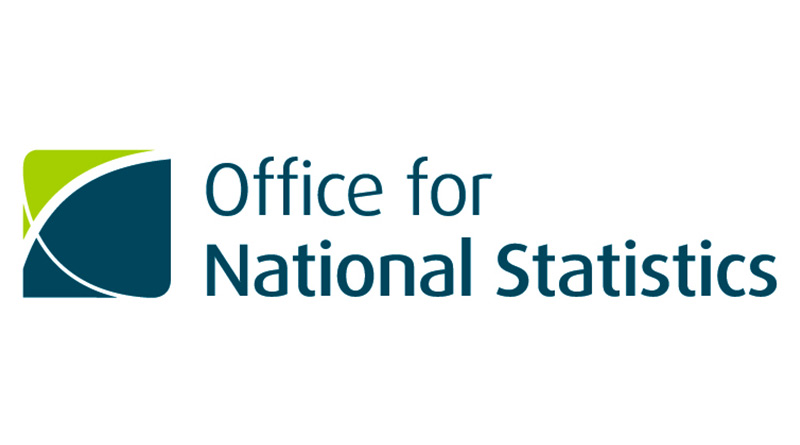Bereaved Say Government Failed People Dying At Home In The “Silent Crisis” Of The Pandemic
- 76% of people whose loved one died at home during the pandemic said the Government has failed to prioritise the care that people dying at home need
- 7 in 10 said their loved one didn’t get all the care and support they needed before they died
- Over a quarter said they needed more help managing the dying person’s pain
- Marie Curie calls on Matt Hancock to immediately investigate excess home deaths
Bereaved people have said (76%) the Government failed to prioritise care for people dying at home during the pandemic, with 7 in 10 saying their loved one did not get all the care and support they needed.
A survey commissioned by the end of life charity, Marie Curie, exposes for the first time, the care dying people have been receiving in their own homes since the beginning of March. The family and friends of those who have died at home told the charity they felt helpless (34%), anxious (34%) and overwhelmed (27%) when trying to arrange care for their loved one.1
Office for National Statistics (ONS) data shows that there have been nearly 30,000 excess deaths in England and Wales in private homes since the start of the pandemic2. Before the pandemic 1 in 4 people at the end of life were missing out on care3. The charity says it is concerned that the health and social care system was not, and is not, ready to support the 100 excess deaths happening in people’s homes every day.
As the Government has warned Covid-19 deaths could be twice as high over the winter as they were in the first wave of the pandemic, the charity has written to Health Secretary, Matt Hancock, calling for an immediate investigation into the care for people dying at home and has said there may be a “silent crisis” happening behind closed doors across the country.
The survey revealed that managing the dying person’s pain (29%), personal care (33%), and arranging out of hours support in the home (31%) were the areas people struggled with most.
Matthew Reed, Chief Executive at the end of life charity Marie Curie, said:
“The results of this survey are deeply saddening. We have seen the devastation this year in care homes, and in hospitals, and now I am fearful that a silent crisis is raging behind closed doors in people’s homes.
“I have written to the Health Secretary urging him to investigate the quality of care dying people are receiving in their homes. Excess deaths in private homes still remain very high. The funding care providers in the community receive has in no way reflected the increased numbers of people dying. This survey adds to our concern that there is insufficient information about what is happening to people dying at home, and that many may not be receiving the pain relief, symptom control and hands on care that they so desperately need and deserve in their final days. We only get one chance to get end of life care right for people.”
Marie Curie has continued to care for people at the end of their life during the pandemic, with and without covid-19, in the people’s own homes and the charity’s nine hospices.
Dr Sarah Wells, Medical Director at the Marie Curie Hospice, West Midlands, said:
“My colleagues and I are seeing people in crisis. We’ve have seen a dying woman reduced to living in squalor as her husband was unable to care for her by himself, an elderly man who couldn’t move his wife who was suffering with dreadful pressure ulcers, and families desperately driving for miles in the early hours of the morning trying find pain relief for their loved ones.
“People must be supported when someone is dying at home, including those caring for them. Otherwise, the legacy of this pandemic will be a story of grief, guilt and anger that many people will carry with them for the rest of their lives.
“The care providers that are still seeing people in the community are stretched, whereas some patients are going weeks without any support as home visits have been curtailed. At Marie Curie, we’ve ramped up the support we provide for people dying in their own homes in communities across the UK but we can’t do it alone.”
Jackie Gray, 43, from South Yorkshire, and her family cared for her father at home before he died from cancer during lockdown:
“It’s a mixture of things that failed my father as he was dying. But I fear the lack of support and joined up thinking for people dying at home will continue to be a problem in future lockdowns. Six months on, I’m still incredibly sad and disappointed, and feel my Dad was incredibly let down by a system he worked for and had absolute faith in. My father did not receive the appropriate care in the last weeks of his life.
“I still struggle with the sense of loss and unfairness and I also feel incredibly guilty. I just kept thinking someone would tell us what to do and where to go to get help. But that didn’t happen and this breaks my heart.”
Marie Curie is urging the Government to investigate the care dying people have received at home during the pandemic and to ensure the end of life sector receives the long-term funding it needs.





